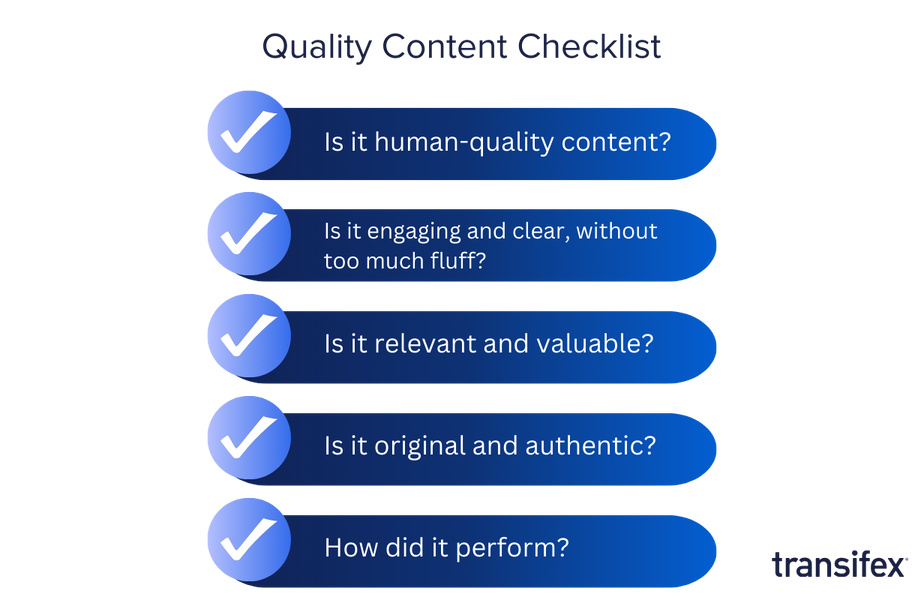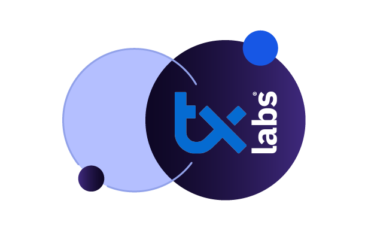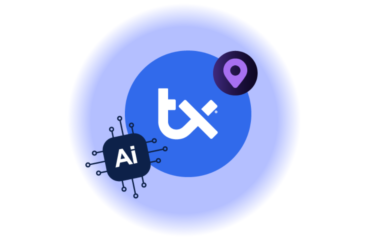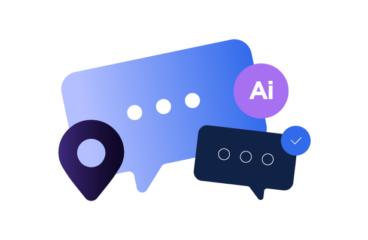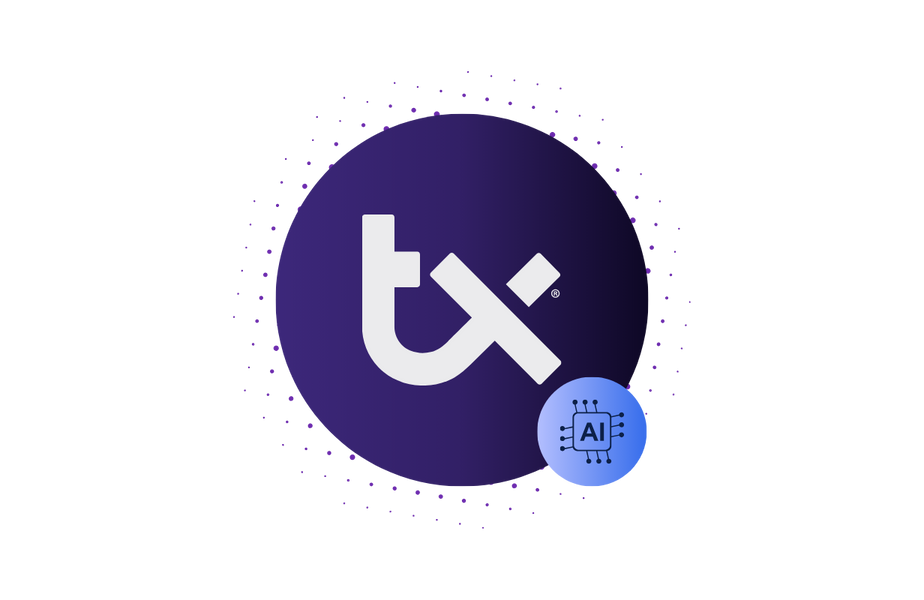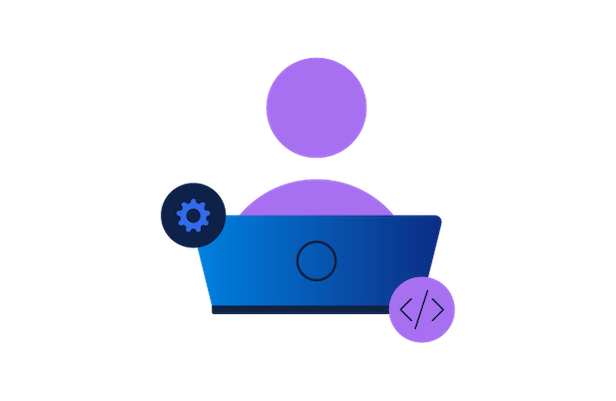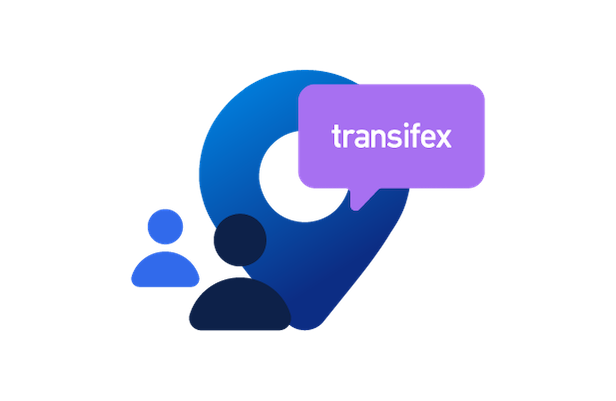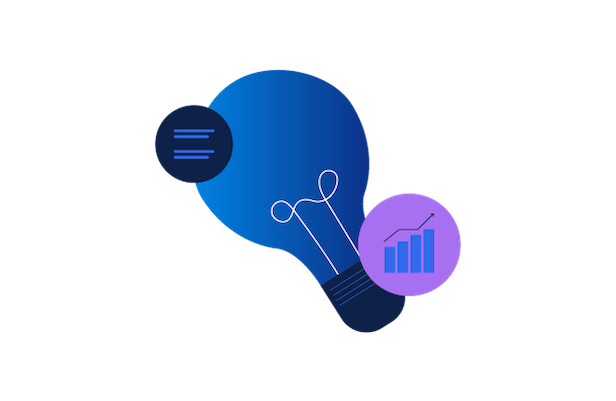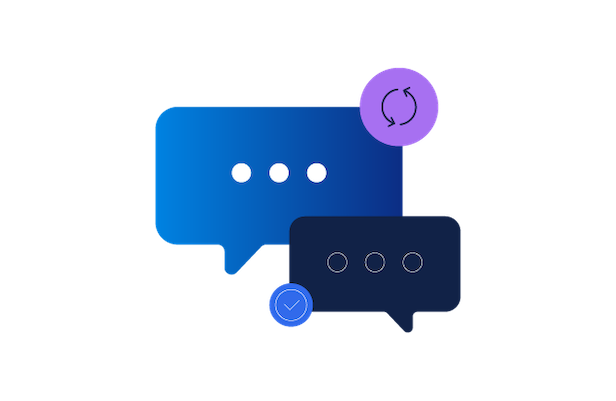As a seasoned SEO professional, I’ve seen the industry transform – but nothing compares to the disruption caused by AI-generated content.
Did you know that 55% of marketers already use AI for content creation? As AI technology advances rapidly, the question arises: Does AI-generated content help or hurt your SEO?
In this post, I’ll break down the implications and guide you towards an optimal AI-powered content strategy.
Understanding AI-Generated Content and its Uses
AI-generated content encompasses any text, image, or media created by artificial intelligence rather than a human. These advanced programs leverage massive datasets to learn the nuances of human language. Then, using algorithms and machine learning, they produce new, original content.
Unlike traditional content creation, AI relies on natural language processing (NLP) to mimic human writing and creativity. This powerful technology, which is being used in email assistants, chatbots, and content generation platforms, can quickly generate a vast array of content formats, including:
- Blog posts
- Social media posts
- Product descriptions
- Articles
- Emails
From an SEO perspective, AI offers compelling benefits. It helps you rapidly produce high-quality content tailored for search engines. By harnessing the power of generative AI, you can save valuable time and resources while boosting your website’s visibility and search rankings. Platforms like Transifex further amplify these advantages, enabling you to seamlessly adapt content for global markets, optimizing your international SEO success.
Is AI-Generated Content Good for SEO?
The short answer is yes! AI-generated content can be a valuable asset for your SEO strategy, potentially boosting your website’s search rankings and overall visibility. However, to reap these benefits, ensuring alignment with Google’s quality standards is key.
Google’s Perspective on AI-Generated Content
Google prioritizes content quality above all else. Their ranking systems are built to surface reliable information, assessing expertise, experience, authoritativeness, and trustworthiness (E-E-A-T).
Interestingly, Google embraces AI-generated content as long as it adheres to these guidelines, regardless of its origin.
Google doesn’t penalize AI-generated content outright. Instead, it evaluates this content just like it would human-written work, ensuring it fulfills E-E-A-T criteria and offers a positive user experience.
In other words, when used strategically, AI content generators can produce unique, compelling, and optimized content that can rank well.
Therefore, provided the AI-generated content meets these requirements and aligns with your overall SEO strategy, it’ll be fine. AI-powered tools like Transifex come into play here – ensuring your content maintains exceptional quality across languages, helping you stay compliant and achieve success in global markets.
The Impact of AI-Generated Content on SEO Best Practices
With a forecast that a staggering 90% of online content will be AI-generated by 2026 (Europol Innovation Lab report), it becomes clear: AI is rapidly reshaping the SEO landscape.
Understanding this impact is crucial for staying ahead of the curve.
Let’s dive into the key aspects:
Content Quality and Relevance
AI excels at maintaining consistency in tone, style, and messaging – a significant advantage for brand coherence. Its natural language capabilities craft content that mirrors your brand voice, and recent MIT research even suggests readers may favor AI-generated content.
However, AI-generated content can still fall short in the areas of creativity, nuance, and depth that human writers instinctively bring to the table. Algorithms are limited in generating truly original insights without careful guidance and references.
The key lies in striking a balance between leveraging AI capabilities for efficiency while ensuring human creativity and depth aren’t compromised.
Keyword Research and Optimization
AI offers powerful advantages in keyword research and optimization, essential aspects of SEO. It swiftly analyzes massive datasets, uncovering valuable keywords and ensuring your content targets diverse audiences across different locations.
However, beware of poorly executed AI-generated content plagued by awkwardly inserted keywords. This ‘keyword stuffing’ undermines user experience and risks violating search engine guidelines. The solution lies in carefully guiding your AI tools to create content that strategically incorporates keywords while remaining engaging and valuable to readers.
This is where Transifex shines. It helps you seamlessly adapt keywords for global markets, ensuring your well-optimized content resonates with your international audience without compromising its original quality or intent.
Automation of SEO Tasks
AI helps marketers automate tedious, repetitive SEO tasks like optimizing metadata, site audits, and indexing checks. This saves resources for other strategic tasks.
However, I’m an SEO specialist who values originality and creativity. I believe over-reliance on total automation risks losing the human touch that makes content truly relatable and engaging.
Take Instagram SEO, for instance: AI can help identify trending hashtags and analyze competitor strategies, among others, but it might need a bit more tweaking when it comes to crafting compelling captions that will make your content viral.
Similarly, ambassador marketing and influencer marketing thrive on authenticity and personalization, so make sure the AI tool you use has the capability of generating human-quality content, similar to Transifex AI.
Link Building
While evaluating the impact of AI-generated content on SEO best practices, I can’t overlook link building, the lifeblood of SEO. AI can help identify potential link-building opportunities and analyze backlink patterns.
A 2024 SEJ State of SEO report indicates that 7.4% of marketers will use AI for automating backlink analysis. AI’s ability to analyze vast datasets and identify potential link-building targets is truly impressive. Similarly, utilizing Transifex could expand link-building opportunities with localized content that appeals to international markets and expands your reach.
AI Content and Search Engine Rankings: A Closer Look
The relationship between AI content and search results is complex and warrants a closer look. While AI-generated content can offer benefits for SEO, it is important to understand how it influences search engine rankings.
By utilizing AI-generated content effectively, businesses can improve their rankings and enhance their overall SEO performance. However, it is crucial to ensure that your content adheres to SEO best practices, maintains quality standards, and meets user needs.
Content creators play a vital role in this process, as they can review, edit, and optimize AI-generated content to align with search engine algorithms and provide value to users.
How AI-Generated Content Influences SERP Positions
AI-generated content can influence search engine results page (SERP) positions by meeting the criteria set by search engine algorithms. Here’s how AI-generated content can affect SERP positions:
- Relevance: AI-generated content that matches user search queries and provides relevant information is more likely to rank higher in SERPs.
- Quality signals: AI-generated content that meets quality standards, such as originality, accuracy, and helpfulness, can earn higher rankings in SERPs.
- User engagement: AI-generated content that encourages user engagement, such as comments, shares, and backlinks, signals its value to search engines and can lead to higher SERP positions.
Enhanced by advanced linguistic tools, your content can achieve greater relevance and engagement, paving the way for improved SERP positions across diverse markets.
Maximizing SEO Benefits with AI-Generated Content
To maximize the SEO benefits of AI, it is important to follow best practices and align the content with your target audience. Here are some key considerations:
- Quality assurance: Review and edit AI-generated content to ensure it meets quality standards and aligns with your SEO strategy.
- Keyword optimization: Use AI tools to generate content that targets specific keywords and search queries relevant to your target audience.
- User-centric approach: Create AI-generated content that prioritizes user needs, provides valuable insights, and engages the target audience. Automated yet human-like translations can significantly elevate the user experience, offering valuable and contextually relevant information to international audiences.
- Localization: Tailoring AI-generated content to global markets can increase the traffic and visibility of your site by helping you reach new audiences
Integrating platforms like Transifex can elevate these benefits, enhancing localized SEO across international markets. By implementing these best practices, businesses can leverage AI to its full potential and achieve optimal SEO benefits.
The Future of AI in SEO and Content Marketing
The future of AI in SEO and content marketing holds great promise. As AI technologies continue to evolve, their impact on SEO and content creation is expected to grow. Here are some future predictions:
- Enhanced personalization: AI can provide more personalized content experiences by analyzing user data and preferences.
- Advanced content generation: AI can generate highly tailored and contextually relevant content, catering to the specific needs of users.
- Improvements in SEO automation: AI can completely automate most SEO processes, such as keyword research, content optimization, and performance tracking.
By embracing the future of AI in SEO and content marketing, businesses can stay ahead of the curve and leverage the latest advancements to drive their online success.
Conclusion
AI is a game-changer in SEO, offering unparalleled speed and insights. However, remember, quality content is still king.
The winning formula?
Strategic use of AI that adheres to SEO best practices and Google’s guidelines. But to truly take your SEO and content strategy to the next level, localization is key.
Ready to elevate your content strategy and reach global audiences? Try Transifex for free and engage the world with the power of AI!
FAQs
Can AI content creation tools help improve my website’s SEO ranking?
Yes, AI content creation tools can help improve your website’s SEO ranking. They can generate high-quality, optimized content that aligns with SEO best practices, which can positively impact your website’s search engine rankings and organic traffic.
Are there any best practices to follow when incorporating AI-generated content into my SEO strategy?
Yes, these include maintaining high content standards, incorporating human oversight, and continuously monitoring and adjusting your AI content strategy to optimize its impact on SEO.


